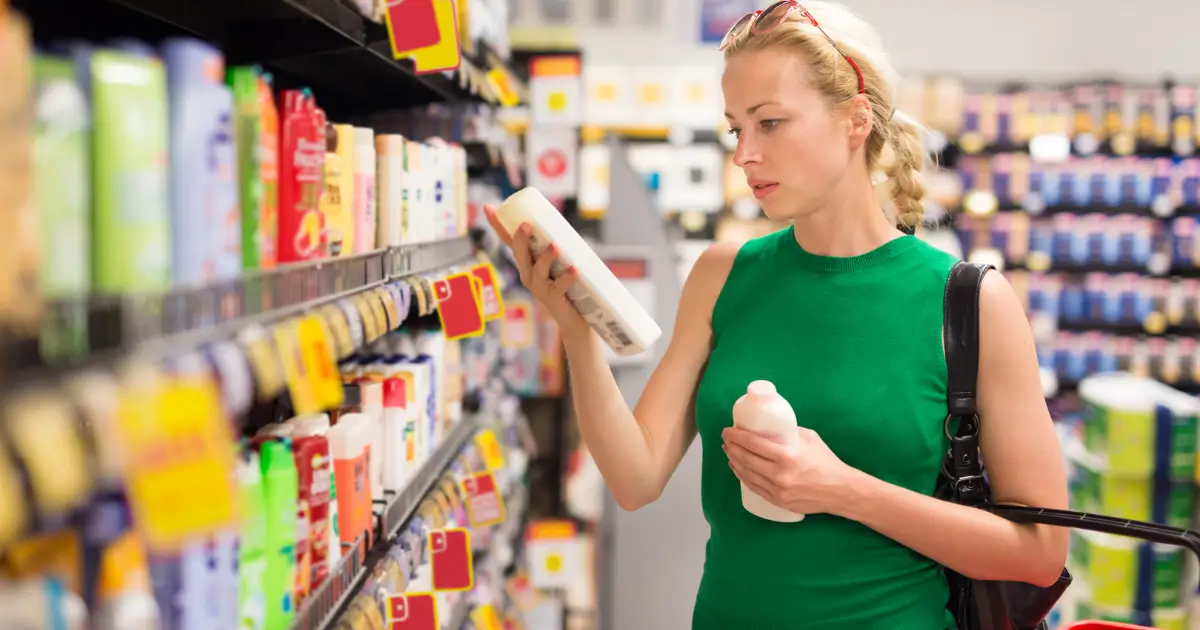What Is Greenwashing And How To Spot It
Discover the truth behind greenwashing and learn how to spot deceptive eco-friendly claims in everyday products.
Discover the truth behind greenwashing and learn how to spot deceptive eco-friendly claims in everyday products.
Today, we’re shedding light on greenwashing. Also known as ‘green sheen’, it's an increasingly prevalent term as companies seek to tap into the rising demand for eco-friendly products. But what exactly is greenwashing, and how can you identify it in the everyday products you use? Discover the reality behind this marketing tactic and get empowered to make informed and sustainable choices.
Greenwashing is a deceptive marketing strategy companies employ to make their products appear more environmentally friendly than they are. It involves misleading consumers into believing that a product is eco-conscious through false or exaggerated claims. This practice not only misleads consumers but also undermines genuine efforts towards sustainability.
How can you spot greenwashing in everyday products? First you need to know what you’re looking for... Here are some key indicators that may come in handy:
Be wary of products that use terms like "natural," "eco-friendly," or "green" without providing specific details or certifications to back up these claims. Genuine eco-friendly products are usually transparent about their sustainability credentials.
Some products may feature images of nature or green leaves to create the illusion of environmental friendliness. To verify a product's sustainability claims, look for legitimate certifications from recognised organisations like the Forest Stewardship Council (FSC) or the Global Organic Textile Standard (GOTS).
Greenwashing often involves highlighting one positive aspect of a product while ignoring its overall environmental impact. For example, a cleaning product may claim to be biodegradable but contain harmful chemicals that can pollute waterways. Consider the product's entire lifecycle before making a purchase.
Watch out for exaggerated claims or buzzwords that sound too good to be true. Terms like "100% natural" or "chemical-free" can be misleading, as all products contain some form of chemicals. Look for specific details about a product's ingredients and manufacturing processes.
Genuine eco-friendly brands are usually transparent about their sourcing, production methods, and environmental impact. If a company is vague or evasive when questioned about its sustainability practices, it may be a red flag for greenwashing.
» READ MORE: Inspiring Change, The Top UK Business Leaders Making a Difference
Quite simple, there is no benefit for consumers. For businesses, while ethically questionable, greenwashing can offer short-term benefits by enhancing their brand image and market appeal. By projecting an environmentally responsible facade, companies can attract eco-conscious consumers, differentiate themselves from competitors, and potentially command higher prices for their products or services. However, it's important to note that these benefits are often temporary and can lead to long-term reputational damage if the public perceives the company's environmental claims as misleading or insincere.
We can all combat greenwashing and support sustainable products and practices by being vigilant and informed consumers. Look for products with credible certifications, such as B-Corp certifications, do your research, and don't hesitate to ask questions about a company's environmental commitments.
Interested in knowing more? You can also explore PepTalk’s curated selection of keynote sustainability speakers who can inspire and educate your audience. These impactful speakers can bring a fresh perspective to your next event.

Greenwashing is a deceptive marketing tactic that aims to mislead consumers into believing that a product is more environmentally friendly than it is. By understanding the signs of greenwashing and making informed choices, we can contribute to a more sustainable future for our planet. It's time to fight greenwashing and campaign for a greener, more transparent marketplace.
💡 Interested in exploring greenwashing? Let us know, and we’ll find the right sustainability or marketing expert for your event. Email us at hello@getapeptalk.com or send us a message via the chat. You can also call us on +44 20 3835 2929 (UK) or +1 737 888 5112 (US). Remember, it’s always a good time to get a PepTalk,